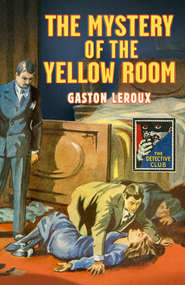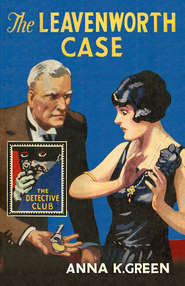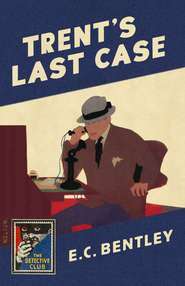По всем вопросам обращайтесь на: info@litportal.ru
(©) 2003-2025.
✖
The Pit-Prop Syndicate
Автор
Год написания книги
2019
Настройки чтения
Размер шрифта
Высота строк
Поля
‘—thinks it would about double our profits,’ Hilliard heard him say. ‘He suggests a second depot on the other side, say at Swansea. That would look all right on account of the South Wales coalfields.’
‘But we’re getting all we can out of the old hooker as it is,’ Bulla objected. ‘I don’t see how she could do another trip.’
‘Archer suggests a second boat.’
‘Oh.’ The engineer paused, then went on: ‘But that’s no new suggestion. That was proposed before ever the thing was started.’
‘I know, but the circumstances have changed. Now we should—’
Again they passed out of earshot, and Hilliard took the opportunity to stretch his somewhat cramped limbs. He was considerably interested by what he had heard. The phrase Captain Beamish had used in reference to the proposed depot at Swansea—‘it would look all right on account of the coalfields’—was suggestive. Surely that was meaningless unless there was some secret activity—unless the pit-prop trade was only a blind to cover some more lucrative and probably more sinister undertaking? At first sight it seemed so, but he had not time to think it out then. The men were returning.
Bulla was speaking this time, and Hilliard soon found he was telling a somewhat improper story. As the two men disappeared round the deck-house he heard their hoarse laughter ring out. Then the captain cried: ‘That you, Coburn?’ the murmur of voices grew louder and more confused and immediately sank. A door opened, then closed, and once more silence reigned.
To Hilliard it seemed that here was a chance which he must not miss. Coming out from his hiding place, he crept stealthily along the deck in the hope that he might find out where the men had gone, and learn something from their conversation.
The captain’s cabin was the probable meeting place, and Hilliard slipped silently back to the window through which he had glanced before. As he approached he heard a murmur of voices, and he cautiously leaned back against the bridge ladder and peeped in round the partly open curtain.
Three of the four seats the room contained were now occupied. The captain, engineer and Mr Coburn sat round the central table, which bore a bottle of whisky, a soda syphon and glasses, as well as a box of cigars. The men seemed preoccupied and a little anxious. The captain was speaking.
‘And have you found out anything about them?’ he asked Mr Coburn.
‘Only what I have been able to pick up from their own conversation,’ the manager answered. ‘I wrote Morton asking him to make inquiries about them, but of course there hasn’t been time yet for a reply. From their own showing one of them is Seymour Merriman, junior partner of Edwards & Merriman, Gracechurch Street, Wine Merchants. That’s the dark, square-faced one—the one who was here before. The other is a man called Hilliard. He is a clever fellow, and holds a good position in the Customs Department. He has had this launch for some years, and apparently has done the same kind of trip through the Continental rivers on previous holidays. But I could not find out whether Merriman had ever accompanied him before.’
‘But you don’t think they smell a rat?’
Mr Coburn hesitated.
‘I don’t think so,’ he said slowly, ‘but I’m not at all sure. Merriman, we believe, noticed the number plate that day. I told you, you remember. Henri is sure that he did, and Madeleine thinks so too. It’s just a little queer his coming back. But I’ll swear they’ve seen nothing suspicious this time.’
‘You can’t yourself account for his coming back?’
Again Mr Coburn hesitated.
‘Not with any certainty,’ he said at last, then with a grimace he continued: ‘But I’m a little afraid that it’s perhaps Madeleine.’
Bulla, the engineer, made a sudden gesture.
‘I thought so,’ he exclaimed. ‘Even in the little I saw of them this evening I thought there was something in the wind. I guess that accounts for the whole thing. What do you say, skipper?’
Вы ознакомились с фрагментом книги.
Приобретайте полный текст книги у нашего партнера:
Приобретайте полный текст книги у нашего партнера:










